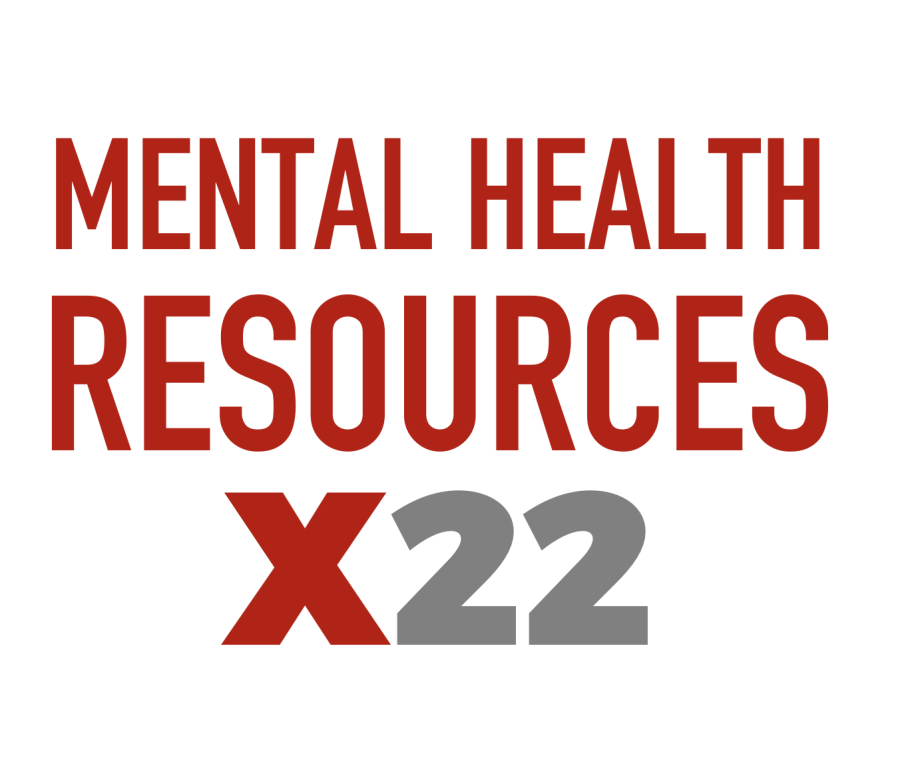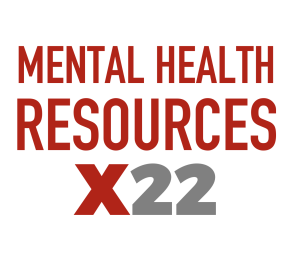Vanderbilt expert: E-cigarette health risk higher for teens
By CHUCK LOGSDON
Henry Clay High School
As a certified tobacco treatment specialist, Julia Steed has studied teenagers developing addictions to e-cigarettes through an expert lens.
Steed, a nurse practitioner at Vanderbilt University Medical Center in Nashville, did her dissertation research on tobacco cessation methods. She also has extensively studied both tobacco products and e-cigarettes.
E-cigarettes, she said, are dangerous and likely to create lifelong health problems.
The risks are especially high for teenagers, she said.
“Most significantly, (medical journals) show that although (e-cigarettes) are less harmful than smoking traditional cigarettes, they aren’t harmless,” Steed said.
“Teens and even adults sometimes will go to the e-cigarette first or they have been smoking cigarettes and decided that they want to use e-cigarettes thinking they are avoiding the risk related to cancer and COPD and other lung conditions.
“That’s just not true,” she said.
Chronic obstructive pulmonary disease or COPD is a term used to describe lung diseases that block airflow and make it difficult to breathe.
After struggles with FDA approval or even FDA interest, Steed and other researchers have just recently been able to put out their research.
As a relatively new trend, e-cigarettes have been difficult to study. Underage students who vape often feel uncomfortable when asked about it by an adult for a survey. Statistics for percentages of teens who vape are likely lower than actual numbers.
E-cigarettes, though not producing smoke, use electricity to heat up the liquid inside and then produce an aerosol. Inhaling it can still cause many of the same problems seen in inhaling smoke, Steed said.
“(Vapor) can cause mouth and throat irritation,” Steed said, “or breathing problems like shortness of breath or dry cough.”
Another danger of e-cigarettes is the nicotine content. One Juul-brand pod contains the same amount of nicotine as a pack of cigarettes. Nicotine can affect your cardiovascular system as well as cause various other health problems, Steed said.
Feelings of anxiety, upset stomach and irregular heartbeat are all common side effects of nicotine seen in those who smoke e-cigarettes and conventional cigarettes, Steed said.
Along with other dangers, nicotine is a stimulant, meaning it affects your brain function. This is why people use nicotine products, but it is also one of the most dangerous parts, she said.
“(Nicotine) affects your brain chemicals and changes the way your brain responds to everyday emotions, everyday habits and everyday things that you do and enjoy in life,” Steed said. “Nicotine changes that experience and you don’t enjoy that as much unless nicotine is associated with it.”
Teens, she said, are also more susceptible to e-cig advertising, which directly appeals to a younger crowd.
Like any product, advertising of vapes aims to promote consumption. The uptick in underage vapers can be linked to these advertisements, according to Steed.
“There are clear associations between marketing of e-cigarettes and use,” Steed said. “Advertisers started using really cool and trendy commercials, billboards and things like that.
“They changed the shape and size of e-cigarettes so now you’ve got the Juuls that are really small, and cute, and kind of look cool for young people that want to use them,” Steed said.
Teens also are most at-risk when it comes to using nicotine, she said.
“I’m very concerned, more so with young people than with adults,” she said. “That’s mainly because of the nicotine part that’s associated with it. I mean, I don’t want young people to have lung conditions and this chronic dry cough they can’t get rid of. It’s miserable and lowers their quality of life.”
Because young people’s brains develop into their 20s, she said, the nicotine can do more damage.
Serious action needs to be taken, she said.
“It’s going to take campaigns and initiatives and interested folks in the community that are really going to be able to be outspoken about the dangers of e-cigarettes to really make a difference in stopping the youth.”









































